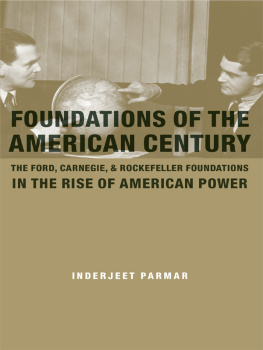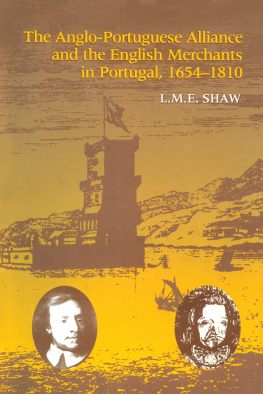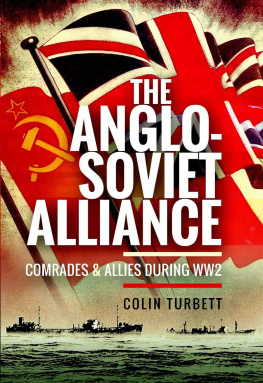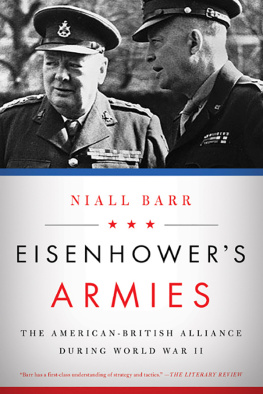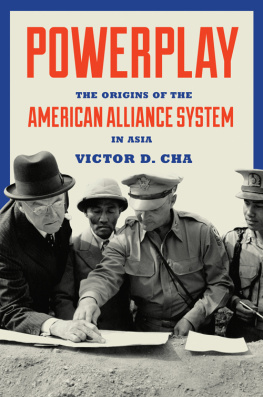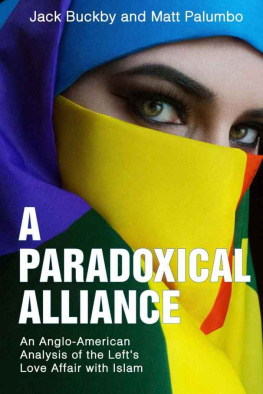First published in 1995 by Frank Cass & Co. Ltd.
This edition first published in 2022
by Routledge
2 Park Square, Milton Park, Abingdon, Oxon OX14 4RN
and by Routledge
605 Third Avenue, New York, NY 10158
Routledge is an imprint of the Taylor & Francis Group, an informa business
1995 Inderjeet Parmar
All rights reserved. No part of this book may be reprinted or reproduced or utilised in any form or by any electronic, mechanical, or other means, now known or hereafter invented, including photocopying and recording, or in any information storage or retrieval system, without permission in writing from the publishers.
Trademark notice: Product or corporate names may be trademarks or registered trademarks, and are used only for identification and explanation without intent to infringe.
British Library Cataloguing in Publication Data
A catalogue record for this book is available from the British Library
ISBN: 978-1-03-201217-9 (Set)
ISBN: 978-1-00-319367-8 (Set) (ebk)
ISBN: 978-1-03-210946-6 (Volume 32) (hbk)
ISBN: 978-1-03-210963-3 (Volume 32) (pbk)
ISBN: 978-1-00-321793-0 (Volume 32) (ebk)
DOI: 10.4324/9781003217930
Publishers Note
The publisher has gone to great lengths to ensure the quality of this reprint but points out that some imperfections in the original copies may be apparent.
Disclaimer
The publisher has made every effort to trace copyright holders and would welcome correspondence from those they have been unable to trace.
SPECIAL INTERESTS, THE STATE AND THE ANGLO-AMERICAN ALLIANCE, 19391945
First published in 1995 in Great Britain and in the United States of America by
FRANK CASS & CO. LTD
Published 2013 by Routledge
2 Park Square, Milton Park, Abingdon, Oxon 0X14 4RN
711 Third Avenue, New York, NY 10017 USA
Routledge is an imprint of the Taylor & Francis Group, an informa business
Copyright 1995 Inderjeet Parmar
British Library Cataloguing in Publication Data
Parmar, Inderjeet
Special Interests, the State and the Anglo-American Alliance, 193945
I. Title
327.41073
ISBN 978-0-7146-4569-8 (cloth)
ISBN 978-0-7146-4226-0 (paper)
ISBN 978-1-315-03737-0 (eISBN)
Library of Congress Cataloging in Publication Data
Parmar, Inderjeet.
Special interests, the state and the Anglo-American alliance 19391945 / Inderjeet Parmar.
p. cm.
Includes index.
ISBN 978-0-7146-4569-8 (cloth)
ISBN 978-0-7146-4226-0 (paper)
ISBN 978-1-315-03737-0 (eISBN)
1. United States Foreign relations Great Britain. 2. Great Britain Foreign relations United States. 3. Pressure groups-Great Britain History 20th century. 4. Power (Social sciences) Great Britain History 20th century. 5. World War, 19391945Diplomatic history. 6. Great Britain Foreign relations 19361945. I. Title.
E183.8.G7P28 1995
940.532241 dc20
95-14432
CIP
All rights reserved. No part of this publication may be reproduced in any form or by any means, electronic, mechanical, photocopying, recording or otherwise, without the prior written permission of the publisher.
Typeset in 11/13 Berling
by Vitaset, Paddock Wood, Kent
Contents
Preface
2. Special Interests and Political Parties I
3. Special Interests and Political Parties II
4. The State and the National Interest
5. The Role and Influence of Special Interests, Political Parties and the State in the Formation of the Anglo-American Alliance
6. Conclusion
Index
Preface
The idea for the postgraduate thesis that has become this book was grounded in some of the key political concerns of the 1980s, especially with reference to Britains relationship with the United States. As the anti-nuclear and anti-war movements swelled during that period, a number of questions were raised about the American political, and especially military, presence in Britain. Charges that Britain had become a satellite or client state of the USA were made quite widely at the time.
To me, as a student of British society and as an individual concerned about its present and future, the question was: how did we get here? What does the process by which we got here mean? What does it tell us about who holds the reins of power in British society? This book tries, in a modest way, to address these big questions. In the process of researching and writing this book, I learned a lot more than I thought I would! Apart from the fact that the British state proved to be far more powerful than I had imagined when I began research, I also learned something of more enduring value to me as a full-time academic: that the theoretical models with which I began my research should not have been as rigid and fact-resistant as they were; rather they should have been used as mere guides, not mental cages. I am not sure that I have overcome the problem; maybe it is one that needs to be confronted permanently to prevent complacency.
Another thing that struck me as I wrote the book was the total absence of references to slaughter in my study of the Second World War. This was brought home to me most forcefully by a belated reading of Paul Fussells Wartime, in which death, and the cheapness of life, are everywhere. I realised that the war-is-hell refrain had become such a clich that my own thinking about the Second World War had become sanitised and cleansed of the death and destruction of peoples lives and homes that war inevitably brings.
I may have been helped to see war in this sanitised way by the documents left behind by the foreign policy lites whose words, ideas and actions are examined in this book. In the Foreign Office and other official records, and in the boardrooms of various elite organisations, the talk was of the new world order that was to be built by the old, wise and experienced Imperial Britain and the new, gangly, uncertain but incredibly powerful United States.
The book has been several years in the making and I have accumulated more debts of gratitude than I could possibly acknowledge here. I should, however, thank my family for creating the space in which a jobless, grantless sociology graduate could begin advanced study. To my parents-in-law, whose hospitality and assistance have been so freely forthcoming throughout, and without which the completion of this book would have been delayed by several years, many thanks. Thanks to Dr. Leslie Sklair of the LSE Sociology Department, who has been a source of great encouragement to me since October 1980, when I first nervously walked into his office as his personal student. It was Leslie who suggested that I pursue postgraduate work, agreeing to supervise it and doing so with tact and care. Thanks also to Mike Burrage who was always generous with his time and full of challenging ideas (which irritated me no end at the time, and which I have only recently begun to appreciate). Thanks to all those archivists and librarians at the Public Record Office (Kew), Modern Research Centre [Warwick University), the TUC, the BLPES rare books and manuscripts collection, the British Library Newspaper Library at Colindale, and at Chatham House.


